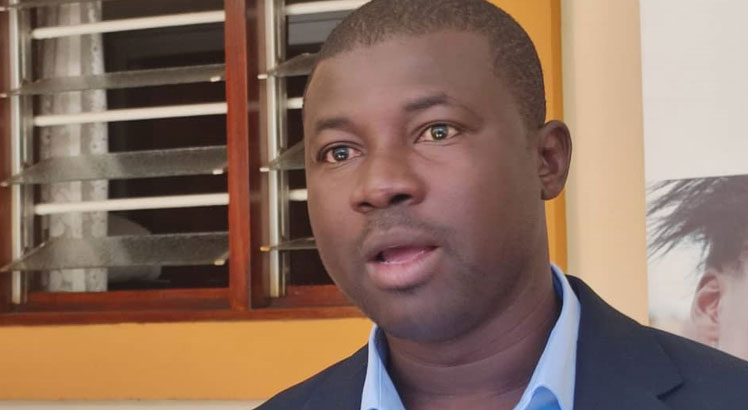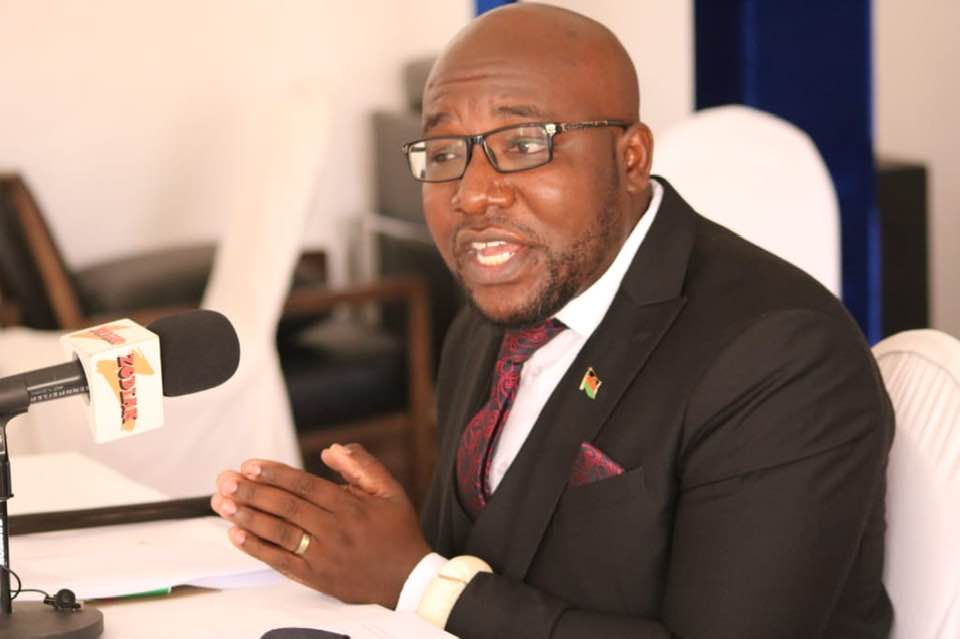Family planning key to urban development
The African Institute for Development Policy (Afidep) says family planning should be at the centre of the country’s urban development agenda to improve people’s living standards amid growing population.
The institute’s senior researcher and policy analyst Nurudeen Alhassan said in an interview a key target of the Malawi 2063 Agenda (MW2063) is to reduce the urban population living in slums from 60 percent in 2020 to 10 percent in 2063, but family planning is not mentioned as a strategy towards this goal.
He said: “So, we intend to keep engaging policymakers. As an institute, we already have to work with some of these policymakers at the level of population and family planning and we hope to keep engaging them to be sure that family planning is being centred in the urban development agenda of Malawi.”
Alhassan said a study by the International Union for the Scientific Study of Population (IUSSP) revealed a number of things, including the fact that access to family planning is higher in urban areas than rural although challenges remain.

He said: “The [challenges] are mainly in the areas of age, where teenagers are still having challenges accessing contraceptives. We also have issues of poverty and income, whereby for contraceptive use, the poor are underserved.”
Alhassan has since called for improved collaboration across stakeholders in family planning and urbanisation.Total urban population is projected to reach 13.4 million by 2050 from 2.9 million in 2015.
In a recent interview with The Nation, Ministry of Health chief reproductive health officer Mary Mulombe-Phiri argued that Malawi had improved on women’s access to family planning through the formulation and implementation of important policies and strategies; successful family planning programme implementation and increased financing to family planning initiatives.
Recently, the Malawi Government signed a compact with the United Nations population Fund (UNFPA) as its commitment to ensure family planning commodity availability every year.
The country compact will be critical to the achievement of the Sustainable Development Goal (SDG) target on ensuring Universal Access to Contraception by 2030, as well as realising its aspirations as enshrined in MW2063 and its first 10-year implementation plan which entails Malawi’s commitment to increasing the budgetary allocation for family planning commodities, family planning and youth programming.





